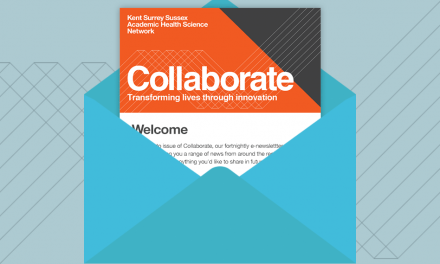Challenge
The aim of Palliative End of Life Care (PEOLC) is to improve the quality of life of people who have an incurable illness, up to the point of death. This includes medical, emotional, social, practical, psychological, and spiritual care, as well as addressing the needs of the person’s family and carers.
Hospice at Home (HAH) services have been developed across the UK to support patients’ wishes to die at home. However, a national evaluation of this service (2017-2021) recommended creating an implementation toolkit to guide HAH services to address the variation and poor practice experienced in some areas.
Our approach
NIHR Applied Research Collaboration Kent, Surrey and Sussex (ARC KSS) funded the co-production of a toolkit, together with stakeholders, looking at the features of HAH services that work best, for whom, and under what circumstances. This project has been supported by Kent Surrey Sussex Academic Health Science Network (KSS AHSN).
There was a significant level of engagement, across the country, and responses were received from healthcare professionals, family members, and others, including voluntary sector and faith representatives.
The research findings were used to inform the creation of the Hospice at Home toolkit. Embedded within the toolkit are national exemplars, best practice guides, videos, podcasts, top tips and tensions, all seeking to help the service to optimise what it is offering, to both patients and their family members and carers.

An example of how the key areas for optimising Hospice at Home can be mapped
Our impact
- The toolkit offers each HAH service an opportunity to map their strengths, and areas in which they could improve, taking an ‘even better if’ approach. Key topics included how the service works with volunteers, healthcare professionals inside and outside the team, and with families, and other areas.
- The toolkit will help to provide an individualised, personalised offer for each patient, taking into account their own cultural, religious and other needs around equality, diversity and inclusion.
- The ARC KSS and KSS AHSN are keen to recruit HAH providers who can pilot the toolkit, and will work with them to assess and develop their services, based on robust evidence
One research participant said: “Patients and carers will also, using the toolkit, be able to assess whether HAH is right for them and what they will need to think about, ask and prepare for in order to achieve the best outcome for them.”




